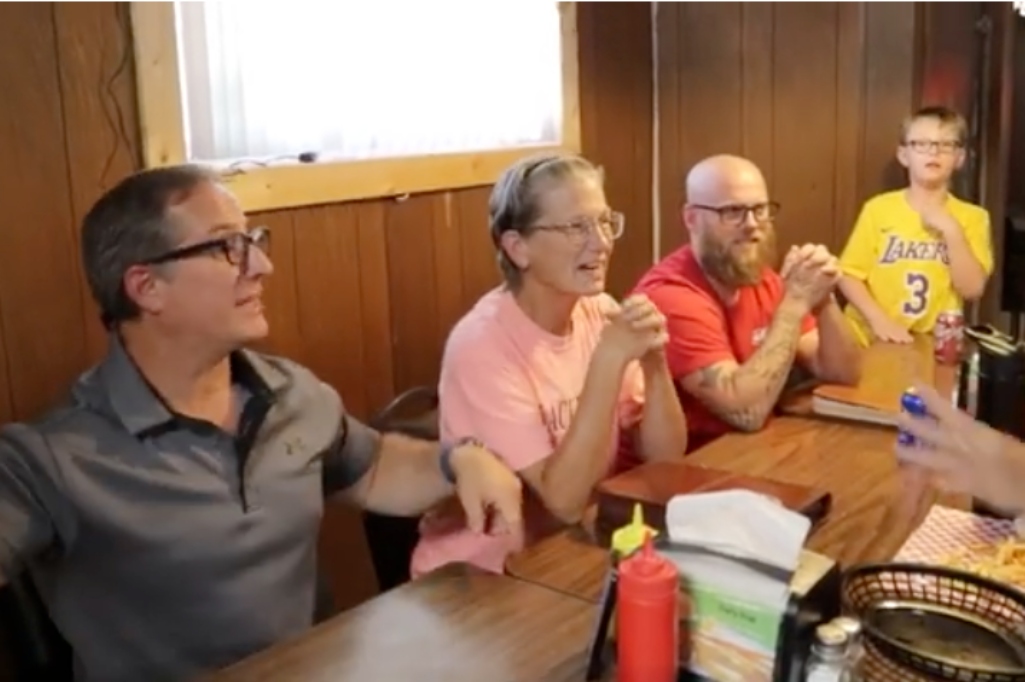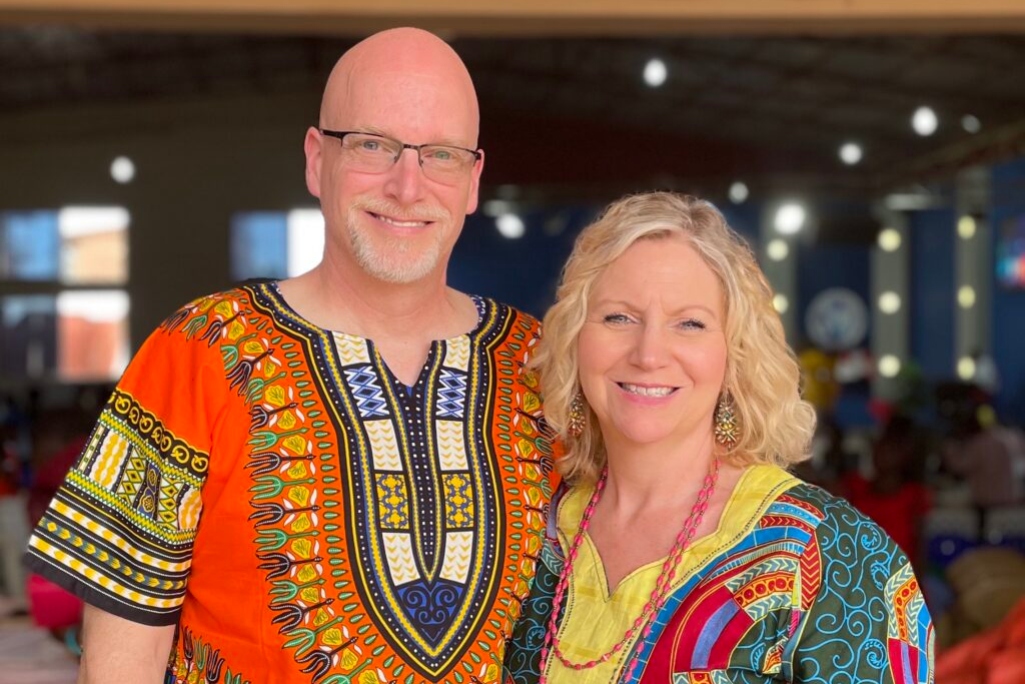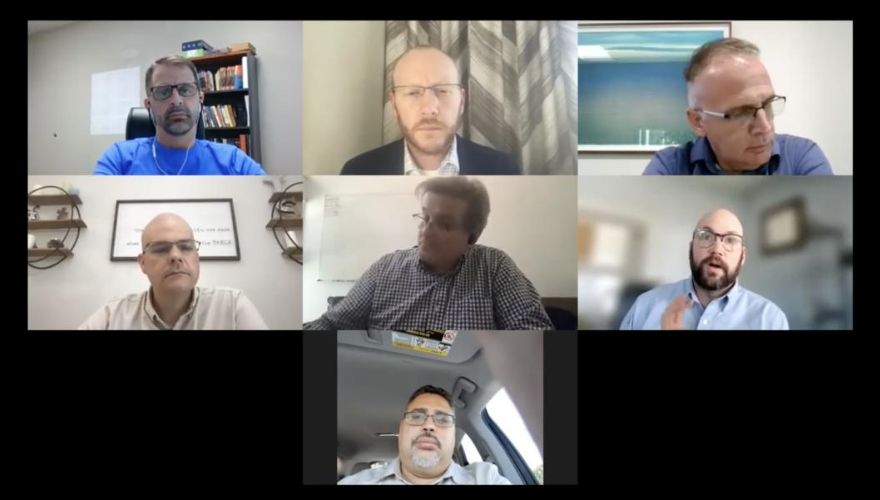
Pastor Paul Miller of Cornerstone Community Church in Chariton, Iowa, meets with others at the microchurch in Williamson Tavern.
CHARITON, Iowa (BP) — Paul Miller points out that in Scripture, there was the church at Antioch, the church at Jerusalem and the church at Caesarea, among others. They had no particular building, but were made up of believers who studied Scripture, prayed and told others their story of being saved by Jesus.
The same model exists in the vicinity of Cornerstone Community Church, where Miller is lead pastor. They are the church at Hardee’s, the church at Williamson Tavern and the church at Red Haw State Park, among others.
At all, there are Bibles being opened and stories being shared.
“A microchurch is an expression of Cornerstone – the local church – that is decentralized and meets outside of the building,” Miller said. “Very few people are making disciples who make disciples, and it’s been a huge burden on my heart.”
A fellow Iowa pastor and church planter, David Nelms, introduced Miller to a ministry Nelms took over that had its roots in India – the Timothy Initiative. Church planting is central to its mission, but more so is the call to make disciples.
Microchurches specialize in the latter.
“The goal with this model is not to plant churches,” Miller said. “If you plant churches, you may not get disciples. But if you make disciples, you will always get the church.”
He eventually attended a microchurch “summit” in Cullman, Ala., to learn more about the process.
“I caught the vision for expressions of the local church that would be focused on disciple-making,” he said.
This meant no requirements of a building or paid staff. Those leading the microchurches aren’t considered to be in a pastoral role, but under the authority of Miller and Cornerstone’s elders.
It’s also not a small group or accountability group. For all the positives that dynamic brings, they tend to be inwardly focused. The point of a microchurch is to look outward and bring others in, hopefully to make splitting into another microchurch a necessity.
The concept isn’t just for big churches or high-population centers. The town of Chariton has just over 4,200 people. Cornerstone averages 350 in worship. Most of its membership are either farmers or are connected in some way to Hy-Vee supermarkets, which has a main distribution center in town.
In addition to those at Cornerstone’s building, about 35-40 people meet across seven microchurches during the week. A Discovery Bible study helps lost people discuss basic questions about Scripture and spurs the microchurch toward spiritual growth.
“Lost people are born again through the power of the Gospel. When you get them in front of the Word of God, it’s alive,” Miller said. It’s going to draw them in. We’re seeing it.”
In a video interview with Ben Bradley and Chris Mavity of the Baptist Convention of Iowa, Miler testified to the impact he has seen.
“My friend, Larry, had not been out of prison long and started dropping his stepson off at Cornerstone on Wednesday nights,” he said. “The Lord put him on my heart as a man of peace.”
They began meeting and did so for six weeks, going through a Bible study. Larry was saved during that time and began practicing how to tell his story of redemption.
A few weeks into the training, Larry’s cousin died from fentanyl.
“He took a pill and had no idea it was going to kill him,” Miller said.
That young man’s mother owned the Williamson Tavern. Miller asked Larry if the mother, Larry’s aunt, would be opposed to them starting a Discovery Bible study at the tavern.
She said yes, and that she would attend. Larry led the Bible study.
There are plans to host a Disciples Make Disciples vision cast at Cornerstone in March.
“For years – decades – I never told my story because I thought it was boring and of no value,” Miller said. “That was a lie from hell.
“I was a dead man and going to hell and God rescued me … and changed my life.”
(EDITOR’S NOTE – Scott Barkley is national correspondent for Baptist Press.)


